

The PlayStation 2 was loaded with RPGs. Players could choose numerous titles from the Tales, Final Fantasy, and Persona series—just to name a few. However, there were few Western RPGs on the PS2. In contrast, the original Xbox claimed Knights of the Old Republic, Morrowind and Fable.
The two consoles were worlds apart—east and west. Players had to choose one or the other—if they couldn’t afford both—depending on their preferences.
A number of articles were written on the topic. IGN’s Jeremy Dunham called the popularity of JRPGs on the PS2 “Sony’s love affair” with the genre back in 2005. Years later, a PSM3 UK article asked “Are JRPGs dead?”
What happened to JRPGs is easy to explain. The flood of lackluster titles within the genre and the hype machine driving their sales drowned players who were already spoilt for choice. Most games did too little to differentiate themselves from the pack, and those that did were roundly criticized for being “too different”—Final Fantasy XII a prime example of a game undeserving of the criticism leveled against its innovative combat system.
If one were to ask today if the genre is dead, the answer would be “No, but…,” with such a caveat being enough to portend its dwindling popularity.
JRPGs may not have the same standing on the PlayStation 3 as they did on its predecessor, but that shouldn’t preclude RPGs from appearing on the console and dominating the bestseller lists should they make a comeback.
We take a look at a few games that would have a home on the platform if they were to be remade, and how they could make full use of the current generation of technology as they cater to today’s gamers.
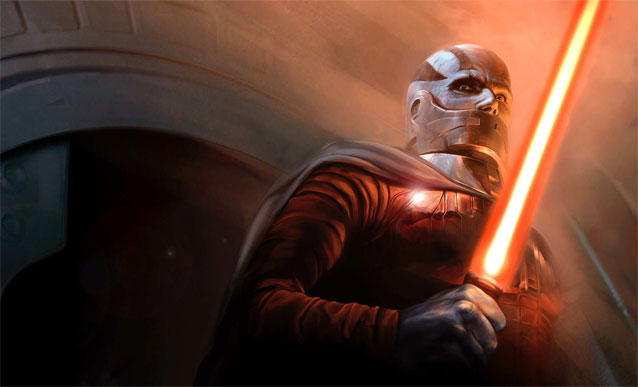
Bioware’s Knights of the Old Republic was originally released on the PS2’s competing platform—the Xbox. To this day, it is held as the best Star Wars game ever produced and remains playable on both the Xbox and the PC despite its age.
Apart from the obvious fact that the graphics don’t hold up to today’s major titles, its D20-based RPG system show their obvious age. They aren’t as streamlined as the systems in current generation games. Some might argue that current systems are “dumbed down”—a phrase no game designer likes to hear. The fact remains that the D20 system was obtuse, and filled with irrelevant statistics that did little to influence the player’s control over the game and the performance of the player character. Games like Baldur’s Gate and KOTOR were filled with statistics that had no purpose. Subsequently, it’s no surprise Bioware’s newer titles are free from these burdens.
A remake of KOTOR may well be in competition with Bioware’s own science fiction property, but the popularity of Mass Effect proves—more than anything—that the game would succeed.
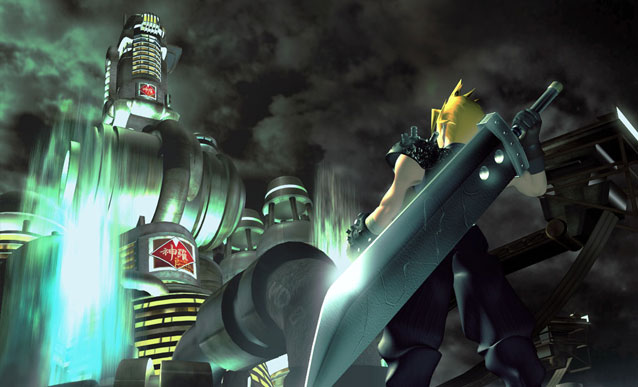
Final Fantasy VII is among the best JRPGs ever made, and fans have been yearning for a remake of Final Fantasy VII—arguably the best FF title—ever since the PlayStation 3 was announced.
Its turn-based gameplay is simple—perhaps too simple for today’s audiences, if the reception towards Blue Dragon are any indication. While the game could arguably benefit from an overhauled turn-based combat system, Square Enix would have to walk a fine line between making the game “better” and preserving its classic feel.
The only other obvious improvement that could be made for Final Fantasy VII would be to bring the audio-visual presentation up to par with Final Fantasy XIII and the Advent Children movie.

Page 1 Page 2
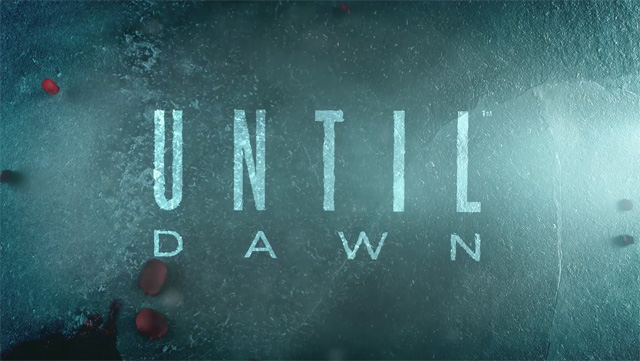


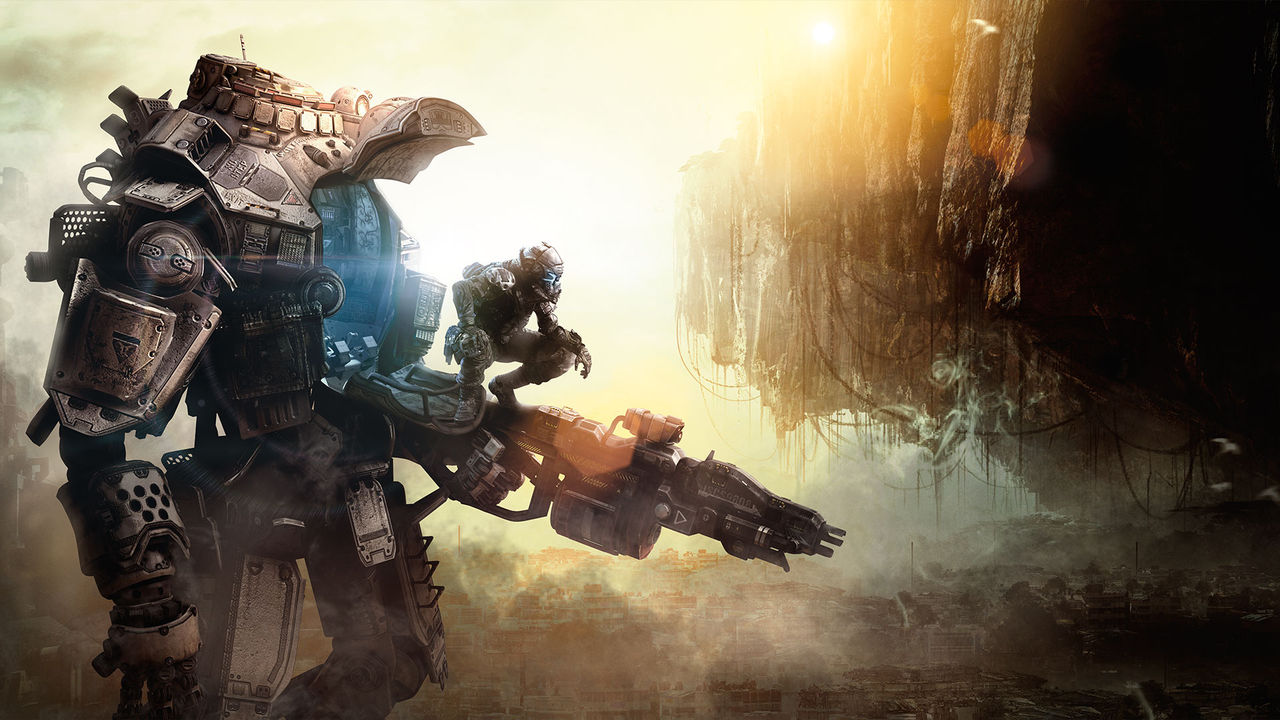
 Donkey Kong Country Tropical Freeze Wiki: Everything you need to know about the game .
Donkey Kong Country Tropical Freeze Wiki: Everything you need to know about the game .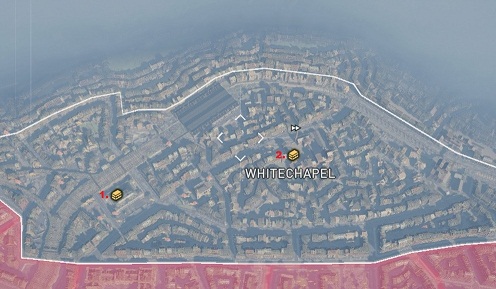 Assassins Creed Syndicate: Locked Chest Locations - maps
Assassins Creed Syndicate: Locked Chest Locations - maps Earth Defense Force 2017 Wiki .
Earth Defense Force 2017 Wiki . American Truck Simulator Wiki – Everything you need to know about the game .
American Truck Simulator Wiki – Everything you need to know about the game .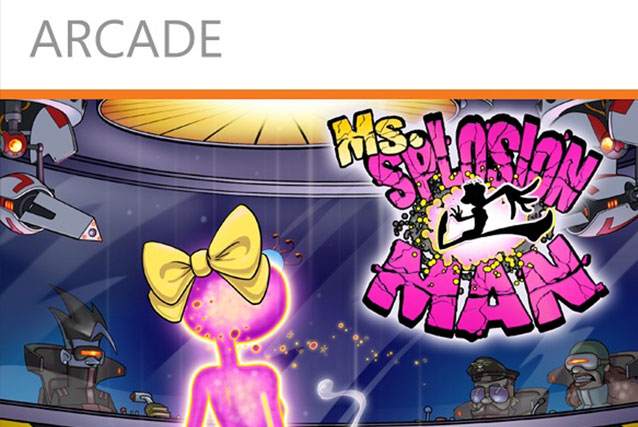 Give Away: Ms. Splosion Man
Give Away: Ms. Splosion Man